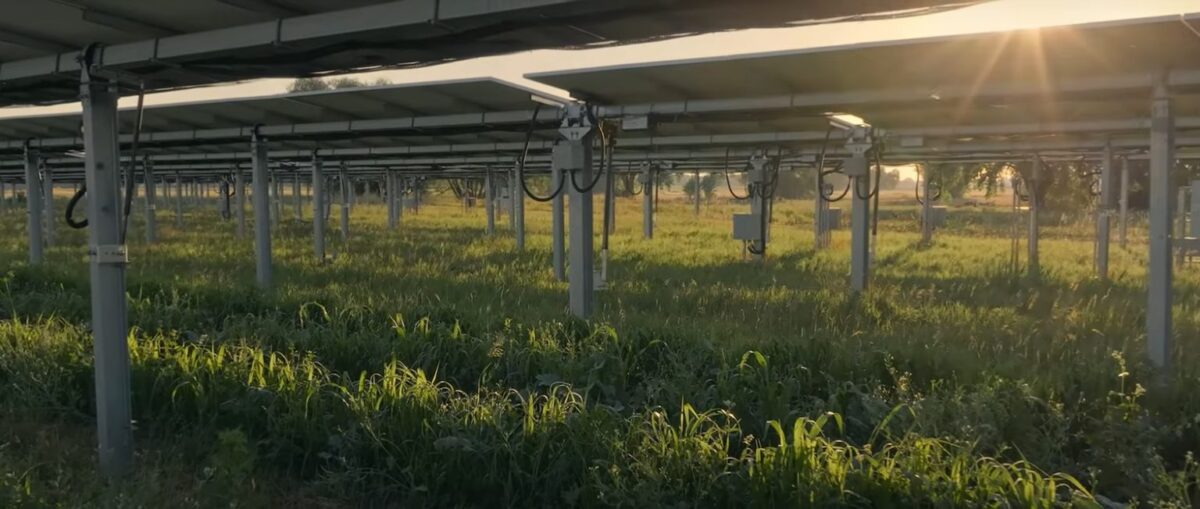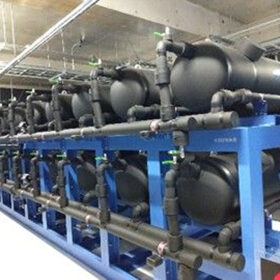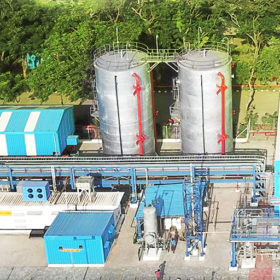From pv magazine Global
Agrivoltaics, the combination of farming practices with energy produced by solar photovoltaics (PV), is forecast to become a $9.3 billion marketplace by 2031, growing at a compound annual growth rate (CAGR) of 10.1% in that timeframe from $3.6 billion a year ago, according to a research note by India-based market research company Allied Analytics.
Experts believe agrivoltaics can minimize barriers to food security and the transition to clean energy, Allied Analytics said. While the agrivoltaics market is still in the growth stages, it is expected to grow as the solar market continues to boom, owing to demand for clean energy and sustainability.
The agrivoltaics sub-sector market has seen progress as the industry learning curve grows around best use cases in recent years, with the global installed output of agrivoltaics rising from 5 MW in 2012 to around 2.9 GW in 2020, according to Allied Analytics.
To promote a healthy growth environment, subsidies from governing authorities will be required. The implementation of agrivoltaic solutions will require joint ventures, lease agreements, reduced loan rates, and risk exposures, said the market research note. In addition, since there is a significant reduction in crop yield, regulations regarding solar installations need to be enforced for minimizing land exploitation.
Based on climate change and increasing drought and extreme weather events, agrivoltaics offers key advantages such as zero-emission solar power coupled with food production and the protection of crops from drought and damage caused by hail or heavy rain.
To date, the world’s largest agrivoltaics installation has been built on the edge of the Gobi Desert in China, where berries are cultivated underneath solar modules, with total output of 700 MW, set to increase to 1 GW.
According to Allied Analytics, major agrivoltaic market developers include BayWa, Insolight SA, JA Solar, Enel Green Power, Sunseed APV, Mirai Solar, Namaste Solar, Ombrea, Sun’Agri and Next2Sun.
This content is protected by copyright and may not be reused. If you want to cooperate with us and would like to reuse some of our content, please contact: editors@pv-magazine.com.









By submitting this form you agree to pv magazine using your data for the purposes of publishing your comment.
Your personal data will only be disclosed or otherwise transmitted to third parties for the purposes of spam filtering or if this is necessary for technical maintenance of the website. Any other transfer to third parties will not take place unless this is justified on the basis of applicable data protection regulations or if pv magazine is legally obliged to do so.
You may revoke this consent at any time with effect for the future, in which case your personal data will be deleted immediately. Otherwise, your data will be deleted if pv magazine has processed your request or the purpose of data storage is fulfilled.
Further information on data privacy can be found in our Data Protection Policy.